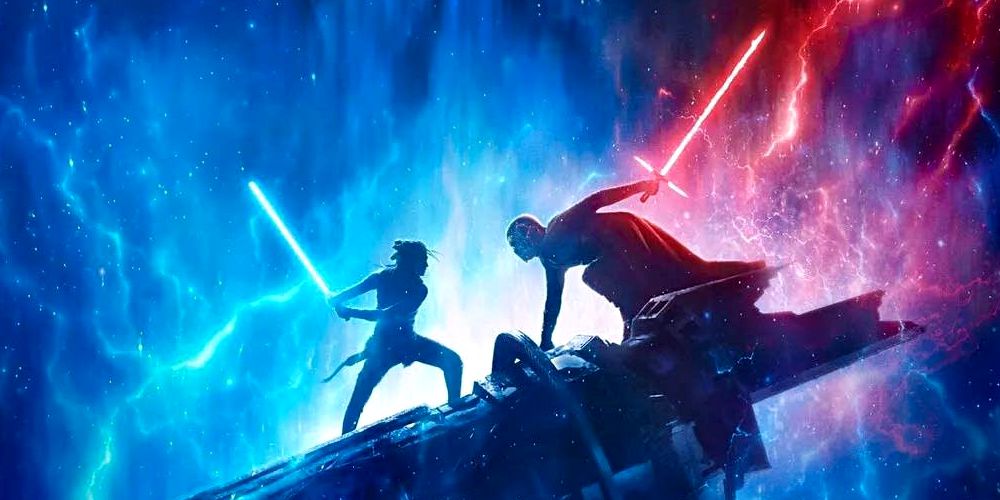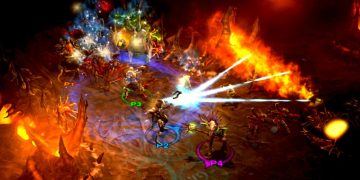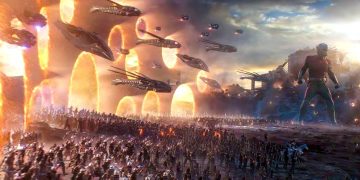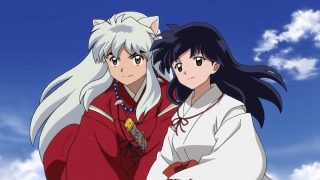Nerd culture, geek culture, whatever you want to call it... it's been a "thing" for several decades now.
There's nothing quite like bonding with others over a shared love of "nerdy" things, whether those bits involve movies, TV series, comics, video games, tabletop games, or whatever else.
And while geek culture has become pretty mainstream—to the point that it's now difficult to draw a line between what's in or out of geek culture—it hasn't always been this way.
In fact, for a long time, geek culture was looked down upon and shunned by the majority. So, what changed?
Well, we can thank several key nerdy media franchises that were executed so well—and garnered so much mainstream attention—that they broke down all kinds of barriers between geeks and non-geeks.
15. Catan
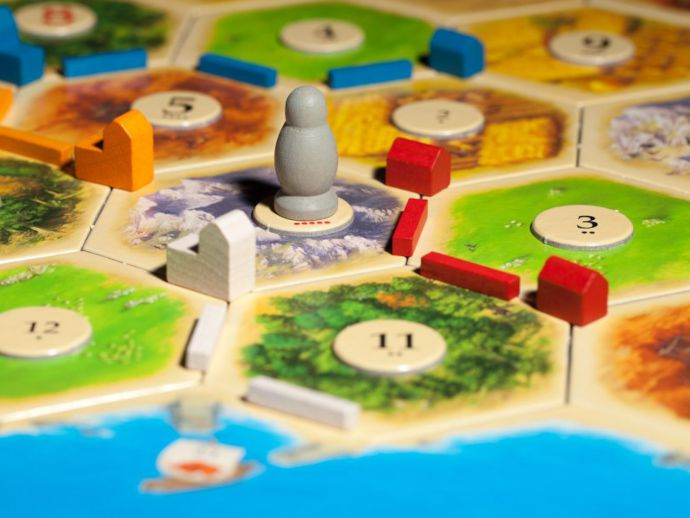
Board games are pretty geeky, right? If you grew up on a diet of Monopoly, Risk, and Connect Four, then no one can blame you for hating board games. Those games aren't exactly... peak.
But then Catan arrived in the US in 1996 to disrupt everything.
For the first time, families could play a board game that didn't involve direct player-versus-player conflict, a bank with money, or a puzzle that masqueraded as a game. On the contrary, Catan encouraged trading, negotiation, and fluid strategy.
And on top of that, the game board changed every time. Modular pieces with randomized terrain? Wow! That alone was an interesting development that spurred many to explore the world of modern board games beyond Monopoly.
Today, there are thousands of new board games being published every year, and Catan is started to feel outdated. But we can still pay our respects to what it did for board gaming as a whole. Without it, who knows if nerds would have this enjoyable hobby?
14. Minecraft
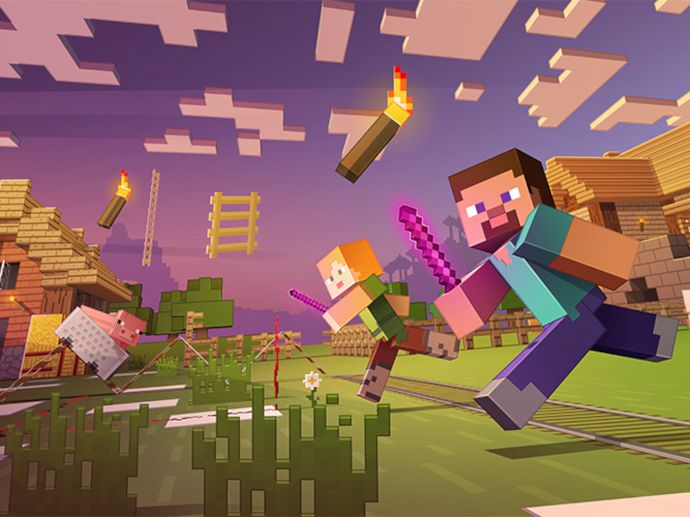
Is there anyone on the internet who hasn't heard of Minecraft? Even the non-gamers in my social circles know of it.
It's hard to explain how Minecraft became so popular, especially given the fact that it started as a clone of a different open-source game (that was more of a tech demo than anything) and had no real audience, traction, or interest.
But then you think about the global popularity of LEGO and it's clear to see why people love Minecraft: full creative control over your world, rewarding exploration, immersive imagination, endless possibilities... and it can run on nearly any device.
In many ways, Minecraft is more than just a video game. Educators use it to teach kids about logic and creativity. Adults use it as a creative outlet, a mental challenge, and a way to socialize with others through PVP and/or roleplaying.
Minecraft is now the single best-selling video game of all time. Not bad for what started as an experimental side project.
13. The Legend of Zelda
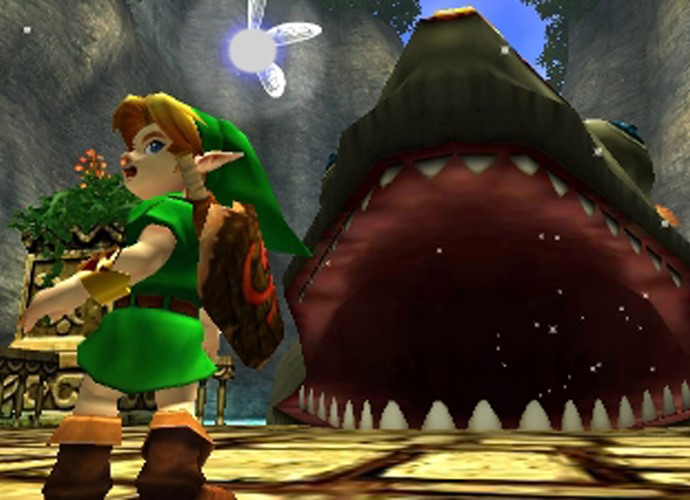
There have been many defining video games for nerd culture—a few of them appear on this list, like the aforementioned Minecraft—but The Legend of Zelda had an impact like none other.
Not only is The Legend of Zelda one of the most successful video game franchises in the world, but it's also one of the sagas responsible for legitimizing video games as works of art.
Ever since the first entry released in 1986, the series has garnered new fans with every new release, and we can't wait to see how the elf-like Link and the magical Zelda save the land of Hyrule from the warlord Ganon (and other adversaries) in different ways.
The canonical games all follow the same template, but each entry brings new twists to the formula, culminating in the near-perfect experiences offered by Breath of the Wild and Tears of the Kingdom.
It's hard to imagine where modern video games might be without the influences of A Link to the Past, Ocarina of Time, and Majora's Mask. Geeks owe much to Zelda for breathing life into adventure RPGs.
12. Dungeons & Dragons
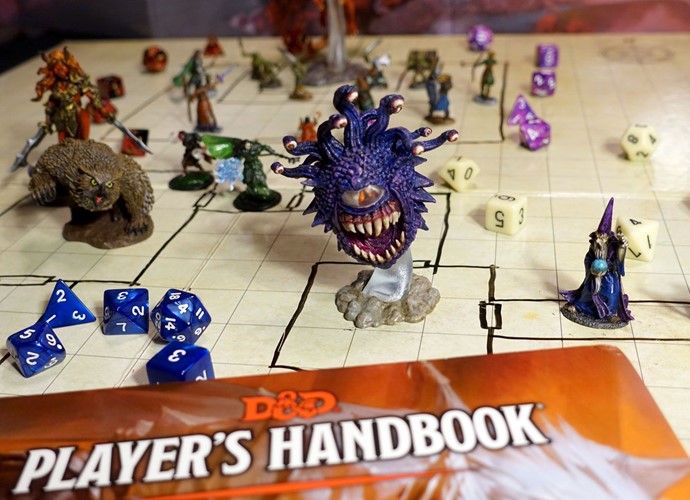
Was Dungeons & Dragons the first tabletop role-playing game? No, that honor goes to Braunstein by David Wesely. But is Dungeons & Dragons the most important and most influential TTRPG of all time? You bet!
In many ways, Dungeons & Dragons isn't just the root of all modern tabletop gaming systems—it's the root of all modern RPGs, period.
In combining bits from the aforementioned Braunstein with aspects from the 1971 miniature wargame Chainmail, Dungeons & Dragons was born and evolved into a platform where players could create their own fantastical characters to take on fantastical adventures.
Despite a fixed and strict rules system, Dungeons & Dragons provided enough flexibility for nerds to do whatever they wanted. Never before could fantasy come to life in such an almost-tangible way.
Controversies aside, geeks will always be indebted to Dungeons & Dragons for its expansive lore, sprawling designs, and all the memories we have sitting around the table with our friends. The impact of Dungeons & Dragons on geek culture simply cannot be overstated.
11. Naruto
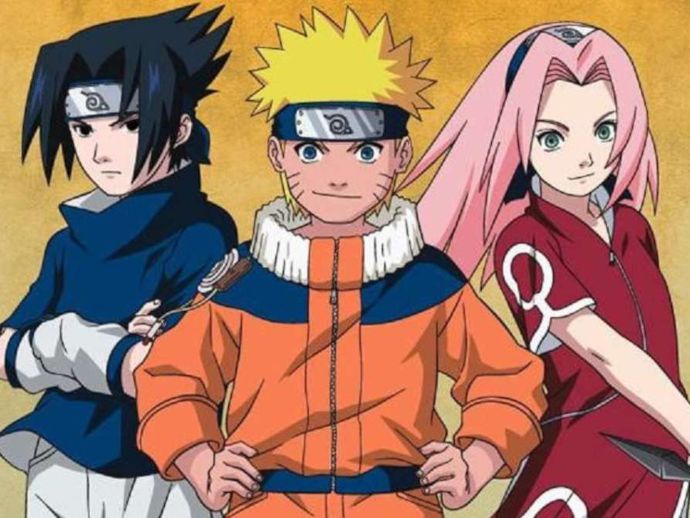
Naruto wasn't the first anime series to gain a serious fandom. (That's Dragon Ball.) Nor did it garner much critical acclaim during its run. (Like Cowboy Bebop.) Nor is it the highest-grossing anime/manga franchise of all time. (Hello, One Piece.)
So why am I listing it as an influential nerdy franchise? Well, because it was in the right place at the right time, and did more for the global fandomization of anime than any of the above animes.
Whereas Dragon Ball was more of an 80s forerunner, Naruto arrived on scene during the early 2000s—when high-speed internet became a household utility. Piracy ran rampant, people had access, and fans around the world got hooked.
Moreover, the modern art style of Naruto proved that anime didn't have to feel retro (like Dragon Ball, Sailor Moon, or Ghost in the Shell). It brought a new energy and freshness to the format, and it eventually became the gateway anime to many other anime series.
Without Naruto, many would never have discovered other series like Bleach, One Piece, Death Note, or Attack on Titan. And without those, anime wouldn't be as popping as it is today.
10. Marvel Cinematic Universe
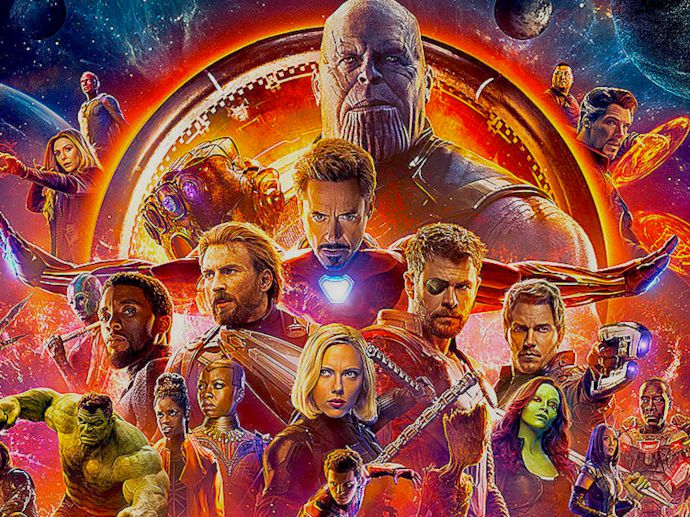
Marvel as a franchise existed long before the Marvel Cinematic Universe (or "MCU") came into being. But for most of its lifetime, Marvel was just a comic books publisher—and comic books have always been far too nerdy to ever go mainstream.
The company had made several attempts to break into the movie industry, including the late-80s Batman and the X-Men of the 2000s, but none of them really took off.
It wasn't until Iron Man in 2008, which is when Marvel started producing their movies in-house via Marvel Studios, that the world took notice of how great live-action comic books could be.
And given the public's reception of the Marvel Cinematic Universe over the last decade or so, we can say that this incredible media franchise has done more to make geek culture mainstream than nearly any other nerdy franchise that came before.
Look to the box office numbers of the Marvel Cinematic Universe for proof. The Avengers, Avengers: Infinity War, and Avengers: Endgame hold three of the top 10 spots when it comes to highest-grossing movies of all time!
9. Game of Thrones
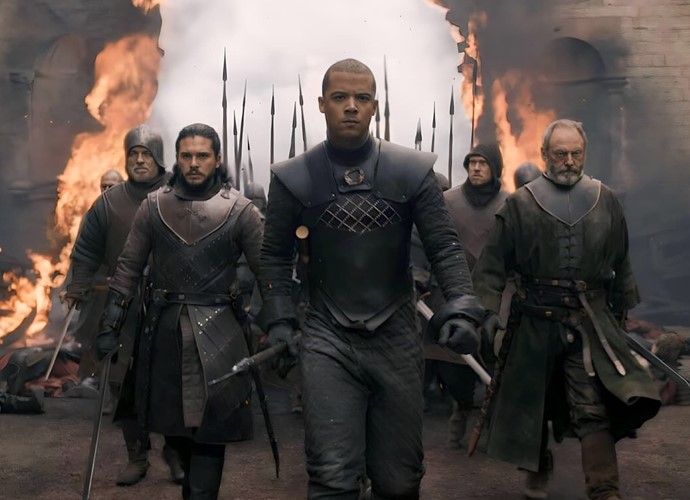
Anyone who was a Game of Thrones devotee during the show's live run experienced the bumpiest of rides. From the shocking fate of Ned Stark in season one to the fiasco of the final season, it was wild.
Readers of A Song of Ice and Fire always had the massive world of Westeros to live in, but it wasn't until HBO adapted it into a TV series that it truly blew up—and subsequently turned George R. R. Martin into one of the few household names of fantasy fiction.
Game of Thrones hooked people by showing a deeper, darker side to fantasy that was unlike anything else on television before. It was adult in all the best ways, chiefly its complex narrative with a cast of hundreds.
From the noble Tyrion Lannister to the conflicted Jon Snow to the White Walkers themselves, Game of Thrones gave us so many memorable characters trapped within webs of compelling plotlines. Every episode was an event, and it was impossible not to get caught up in it.
Game of Thrones wasn't just an evolutionary step for television dramas, but it made fantasy acceptable to adults who'd only thought of fantasy stories as for kids. Many geeks entered geekdom through this show, and there's absolutely nothing wrong with that.
8. Dragon Ball
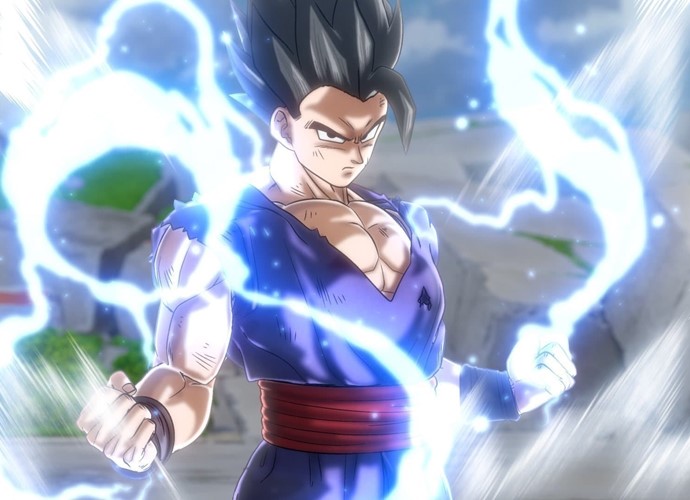
Think back to the very first anime you ever watched. Maybe it was Sailor Moon, maybe it was Pokémon, but chances are it was Dragon Ball. Who doesn't remember doing their first Kamehameha Wave?
For his most iconic creation, Akira Toriyama took inspiration from neighboring East Asian cultures but forged his own identity with this exuberant blend of fantasy, science fiction, comedy, and wuxia.
While the arc of Son Goku searching for the Dragon Balls is just another twist on the hero's journey, his persistence in becoming a Super Saiyan made him one of the most enduring characters in anime history.
Dragon Ball was a joy to watch every weekend. Goku's battles—whether against rivals or enemies—were the main attraction of every arc, and it was the first time we saw that kind of rapid execution of martial arts mixed with large stakes and flashy superpowers.
Without Dragon Ball, anime doesn't spread across the world to the vast degree that it did back in the 1990s. And without anime crossing nations and making fans out of every country, we don't have geek culture.
7. Indiana Jones
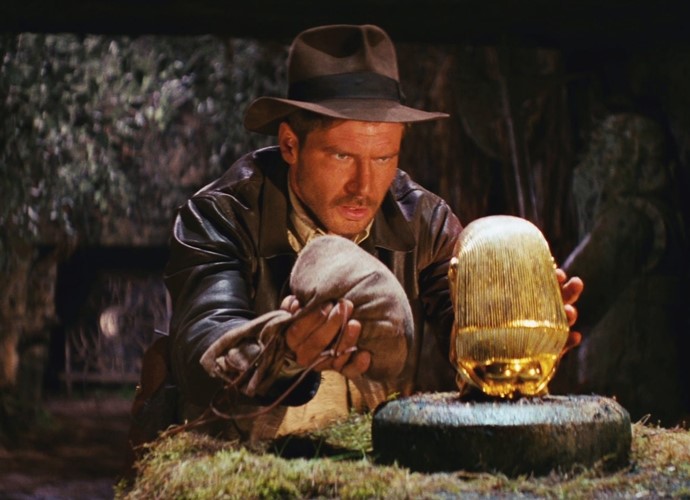
It's such a paradox when you look at the inspiration for Indiana Jones. What spawned from the fascination shared between Steven Spielberg and George Lucas for pulpy serial adventures has now become an adventure franchise that has fans fascinated in pulpy serials.
Without a doubt, Indiana Jones is one of the best characters in film history. His cool demeanor and quick wit make him the definitive heroic adventurer, and his memorable look—consisting of a fedora and a whip—cements his status as a fan favorite.
Across movies, comic books, tie-in novels, video games, theme park attractions, and a prequel TV show, the famed archaeologist has brought us along on all kinds of relentlessly exciting adventures.
Indiana Jones was one of the first characters to make nerdiness cool. But beyond his impact on culture, Indiana Jones remains one of the most popular characters for nerds and cosplayers to emulate.
6. Pokémon

In retrospect, Pokémon captured lightning in a bottle—the perfect combination of worldbuilding and gameplay elements to deliver a gaming experience unlike anything before.
First released in 1996, Pokémon put us in the shoes of the underdog Ash, who aspired to catch every Pokemon in the world and complete his Pokedex.
A huge bestiary of creative monsters? An expansive world to explore in RPG style? Monsters that basically became your pets once tamed? And you could train them up in skills and evolve them to be better? The compulsive need to collect every single one? Plus a solid anime series as a companion to the game?
What's not to love? Pokémon hit every nail on the head when it released, capitalizing on the curiosity of boys, girls, men, and women all over the world. And with every new Pokémon Generation, they capitalized on it all over again.
Today, Pokémon is the third highest-grossing video game franchise of all time, led only by Tetris and Mario.
5. Harry Potter

Who could've known that a series of young adult novels written by J. K. Rowling would take the world by storm?
Harry Potter follows an everyday young boy who discovers that he's actually a wizard. He's whisked away to a magical world, with a magical school, and a magical dark lord who wants to kill him.
Plenty of book series prior to Harry Potter had "fans"—including childhood favorites like Redwall, Goosebumps, and Animorphs—but this is the book series that seeded modern fandom.
Harry Potter resonated with youth and adults around the world, allowing them to escape into a magical world with dazzling sights, fantastical concepts, and a gripping story.
Combined with heavy merchandising and the emergence of the internet as a household utility, it's no wonder how this one-of-a-kind book series swirled into a cultural storm.
Not to mention all of the fanfiction! There are over 280,000 Harry Potter fanfics on Archive of our Own and over 840,000 Harry Potter fanfics on Fanfiction.net. The sheer amount of fanfiction has cleared the way for fanfic to be accepted in wider nerd culture as a form of genuine creative expression.
4. Super Mario
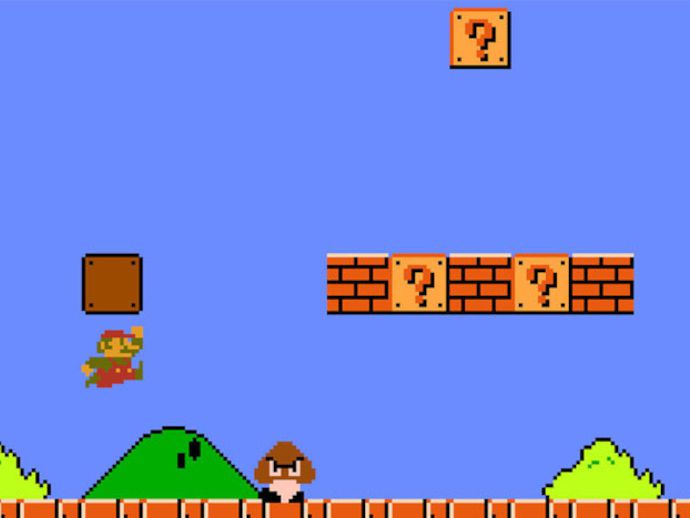
Atari brought video games to the home with Pong, but Nintendo brought video games to the masses with Super Mario Bros.
The video game crash of 1983 had killed the US public's interest in video games as anything more than a fad, and many assumed that the era of video games was over for good.
But then Nintendo appeared on the scene in 1985 with the Nintendo Entertainment System (NES) and Super Mario Bros, revitalizing the US public's confidence in video gaming. In the following years, the NES and its Game Paks outsold all other home computing devices combined.
To this day, Mario remains Nintendo's best-selling franchise by a longshot—and Mario himself continues to be one of the most iconic and recognizable video game characters.
Without Mario, it's quite possible that video games may have come to an end back in the 1980s, or at the very least crashed so hard that it never recovered or reached mainstream success.
3. Star Wars
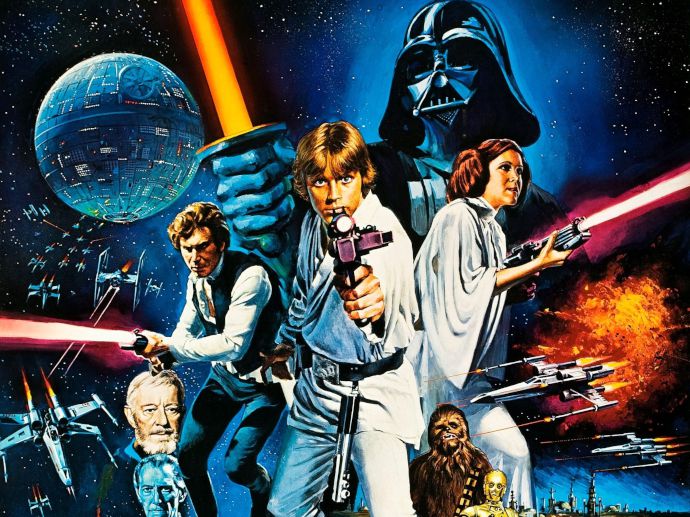
Star Wars is a behemoth unto its own, and its popularity and expansive world-building gave rise to the "superfan" in modern nerd culture.
Take the fantastical elements of The Lord of the Rings, throw them into space, and it's easy to see how Star Wars appealed to a massive audience.
Originally created by George Lucas in 1977 with Star Wars: A New Hope, it has since spawned a sprawling franchise that includes toys, books, comics, movies, TV series, conventions, soundtracks, foods, and resorts.
The Star Wars franchise holds multiple Guinness World records, and this is because it tapped into an inherent need by fans to use this wider world-building as part of their collective "identity."
2. Star Trek
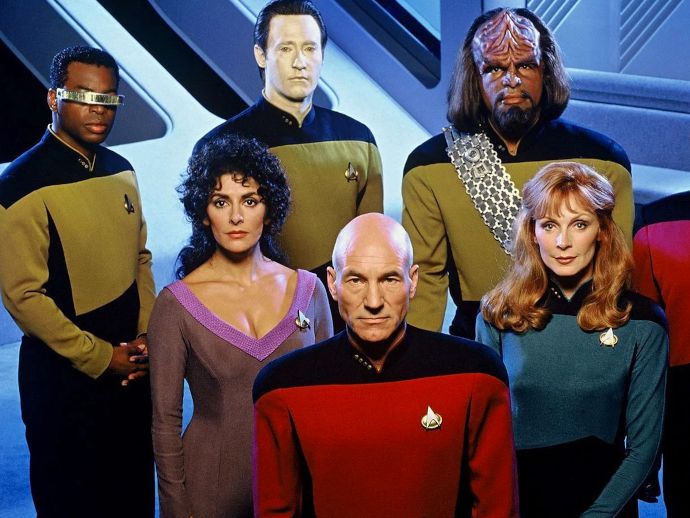
The fandom behind Star Trek might just be the most dedicated of any fandom across all geeky media.
Beginning in 1966 with the original Star Trek series, the franchise has spun off into other series like Star Trek: The Next Generation and Star Trek: Deep Space Nine, and it's still running to this day with series like Star Trek: Discovery and Star Trek: Picard.
This incredible sci-fi franchise by Gene Roddenberry has turned into one of the highest-grossing media franchises of all time. And not just because it's full of technobabble, but because of how it handles tough topics like civil rights, racism, and xenophobia.
Star Trek fans (colloquially known as "Trekkies") spawned a legion of loyal consumers that in turn led to the creation of tie-in novels, toys, and one of the earliest known nerd conventions: Star Trek Lives! which was held in 1972.
1. The Lord of the Rings
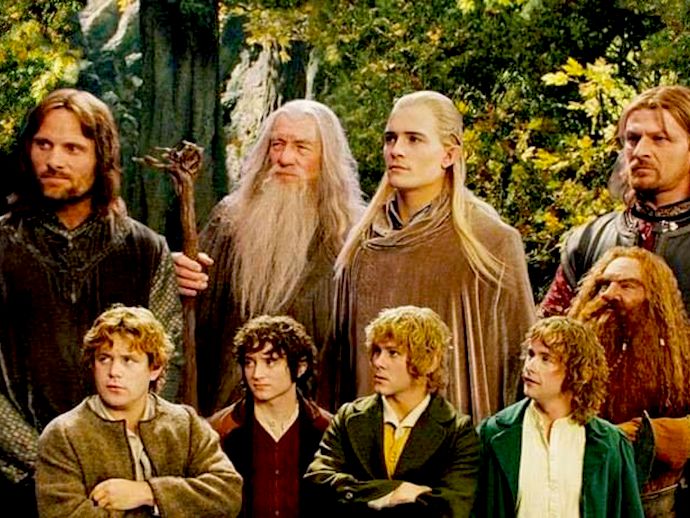
The Lord of the Rings is one of the earliest franchises adopted by geek culture, starting as a trilogy of fantasy novels published between 1954 and 1955 by J. R. R. Tolkien.
The series—which is actually just one huge story broken into three parts for logistical reasons—follows the hobbit Frodo Baggins as he gets swept up in a quest to destroy the One True Ring of Power sought after by the Dark Lord Sauron.
But it wasn't just the story that drew in nerdy fans; it was the wider mythology and worldbuilding of Middle Earth that allowed hardcore fans to dive deep into the fictional universe and catalogue the insane amount of detail therein.
The influence of The Lord of the Rings on modern geek culture cannot be overstated, as it's widely considered to be the forefather of the fantasy genre altogether. Without it, much of what's considered "geeky" would never have existed.
